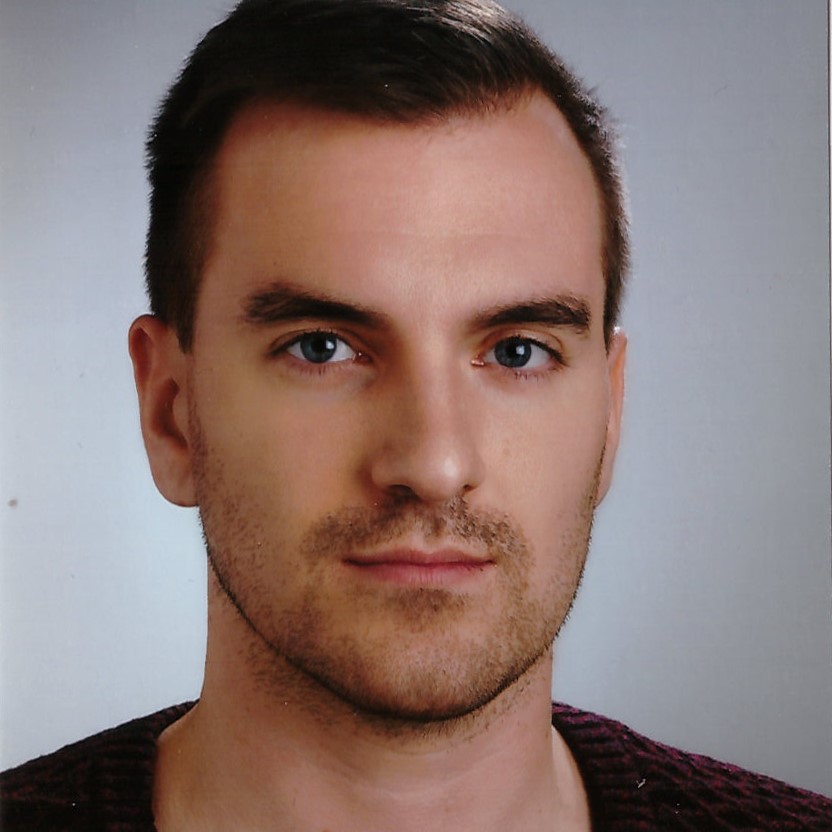Dr. Christian Maass joins esqLABS
From May 1, 2020 on Dr. Christian Maass, a trained Physicist from University College London, will be reinforcing esqLABS.
WE WELCOME CHRISTIAN TO THE TEAM!

Dr. Christian Maass joins esqLABS
Christian Maass is a physicist and computational biologist with over eight years of academic and industrial experience, where he established a strong national and international network. He is passionate about the integration of computational modeling and biological experiments for translational pharmacology applications.
Before joining esqLABS, Dr. Maass worked in various therapeutic areas, e.g. neurodegenerative, inflammatory, and metabolic diseases (Alzheimer, rheumatoid arthritis, NASH/NAFLD). Among others, he developed individualized PBPK models for molecular radiotherapy (leukemia), automated workflows for big data (*omics), network-based analysis of inflammation diseases, and mechanistic modeling of organ-on-chip data.
He received his Master in Medical Physics from the University College London in 2012 and PhD from the University of Heidelberg in 2015. As a postdoctoral researcher at the Massachusetts Institute of Technology (MIT), Cambridge, MA, USA, he focused on application-driven method development for microphysiological systems in safety pharmacology. In 2018, Christian joined Certara’s Quantitative Systems Pharmacology (QSP) team, working on liver disease models and leading projects to integrate organ-on-chip (OoC) and computational modeling for translational pharmacology applications.

Peer Reviewed Journal Articles:
- Maass C, Stokes CL, Griffith LG, Cirit M. Multi-Functional Scaling Methodology for Translational Pharmacokinetic and Pharmacodynamic Applications using Integrated Microphysiological Systems (MPS). Integrative Biology. 2017;9(4):290-302.
- Kletting P, Kull T, Maass C, Malik N, Luster M, Beer AJ, et al. Optimized Peptide Amount and Activity for (9)(0)Y-Labeled DOTATATE Therapy. Journal of Nuclear Medicine. 2016;57(4):503-8.
- Kletting P and Maaß C, Reske S, Beer AJ, Glatting G. Physiologically Based Pharmacokinetic Modeling Is Essential in 90Y-Labeled Anti-CD66 Radioimmunotherapy. PLoS One. 2015;10(5):e0127934.
- Maaß C, Rivas JRA, Attarwala AA, Hardiansyah D, Niedermoser S, Litau S, et al. Physiologically based pharmacokinetic modeling of 18F-SiFAlin-Asp3-PEG1-TATE in AR42J tumor bearing mice. Nuclear medicine and biology. 2016;43(4):243-6.
- Maaß C, Kletting P, Beer A, Glatting G. Population-based modeling improves treatment planning for leukemia patients Cancer Biotherapy and Radiopharmaceuticals. 2015;30(7):285-90.
- Hardiansyah D, Maass C, Attarwala AA, Müller B, Kletting P, Mottaghy FM, et al. The role of patient-based treatment planning in peptide receptor radionuclide therapy. Eur J Nucl Med Mol Imaging. 2016;43(5):871-80.
- Maaß C, Sachs JP, Hardiansyah D, Mottaghy FM, Kletting P, Glatting G. Dependence of treatment planning accuracy in peptide receptor radionuclide therapy on the sampling schedule. EJNMMI Research. 2016;6(1):30.
- Edington C, Chen WLK, …, Maass C, …, Griffith LG. Interconnected Microphysiological Systems for Quantitative Biology and Pharmacology Studies. Sci Rep. 2018; 8(1).
- Maass C, Sorensen N, Geishecker E, Stokes CL, Cirit M. Translational Assessment of Drug‐Induced Proximal Tubule Injury Using a Kidney Microphysiological System. CPT:PSP. 2019; 8(5).
- Maass C, Dallas M, LaBarge ME, Shockley M, Valdez J, Geishecker E, et al. Establishing quasi-steady state operations of microphysiological systems (MPS) using tissue-specific metabolic dependencies. Sci Rep. 2018.
- Trapecar M, Communal C, Velazquez J, Maass C, …, Griffith L. Gut-Liver physiomimetics reveal paradoxical modulation of IBD-related inflammation by short-chain fatty acids. Cell Systems 2020.
Conference Talks:
- PKUK 2019 in Stratford Upon Avon, UK: “Integration of OoC and QSP for Translational Pharmacology Applications”
- American Society of Clinical Pharmacology and Therapeutics
- Presentation of: Multi-Functional Scaling for Integrated Multi-Microphysiological Systems (MPS) (2017)
- Presentation of: Data-driven Modeling Approach of Human Tissue Chips for Translational Pharmacology Applications (2018)
- Keystone Symposia: Organs – and Tissues-on-Chips (2018): in vitro Assessment of Drug-Induced Kidney Proximal Tubule Injury
- Gordon Research Conference – Drug Safety (2016): Presentation of: Designing Microphysiological Systems: From Bedside to Bench
- 44th Congress of the German Medical Physics Association (DGMP): Presentation of performed research in PBPK modeling of radiolabeled anti-CD66 antibodies in the treatment of leukaemia
Get in touch now
Contact
ESQlabs GmbH | Am Sportplatz 7 | 26683 Saterland | Germany
Tel. +49 151 / 58559070 | info@esqLABS.com
This site does not use cookies to track your personal information